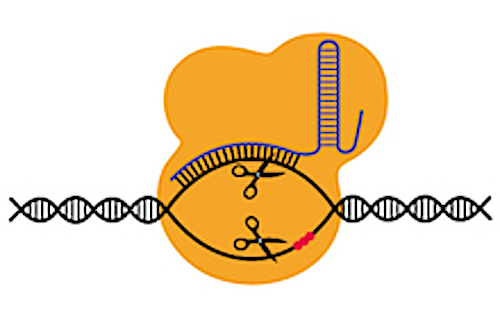During the Elaboration phase, teachers “challenge and extend students’ conceptual understanding and skills. Through new experiences, the students develop deeper and broader understanding, more information, and adequate skills. Students apply their understanding of the concept by conducting additional activities” (Bybee et a. 2006, p. 2).
History can help students develop more sophisticated understandings of science and math concepts, while connecting knowledge to society and daily life.

Ideas for integrating history
In a lesson that integrates history throughout, the Elaboration phase is often an opportunity to connect history to present-day understandings, terms, and applications.
- For example, a lesson about the historical development of the metric system could transition into an Elaboration on why scientists and most countries use it, but not the US. A lesson on early computing could include an Elaboration demonstrating that the same basic principles of programming apply today, despite technological advancements. An Elaboration for a lesson on Mendel’s pea experiments could examine the terms and concepts modern geneticists use to describe the phenomena he saw.
This portion of the lesson can also be an opportunity to elaborate on the nature of science and math, making connections to matters of ethics, society, and methods of inquiry explicit.
- For example, the class can move from a discussion of who deserves credit for discovering the electron to the question of why we seem to care so much about “credit” or “priority” in science in the first place. Or it could move from historical solutions to division by zero into whether it is possible for the “right” answer in math to change over time.
What the Teacher does:
- Expects the students to use formal labels, definitions, and explanations provided previously
- Encourages the students to apply or extend the concepts and skills in new situations
- Reminds the students of alternate explanations
- Refers the students to existing data and evidence and asks, “What do you already know?” “Why do you think …?” (Strategies from exploration also apply here.)
What the Student does:
- Applies new labels, definitions, explanations, and skills in new but similar situations
- Uses previous information to ask questions, propose solutions, make decisions, and design experiments
- Draws reasonable conclusions from evidence
- Records observations and explanations
- Checks for understanding among peers